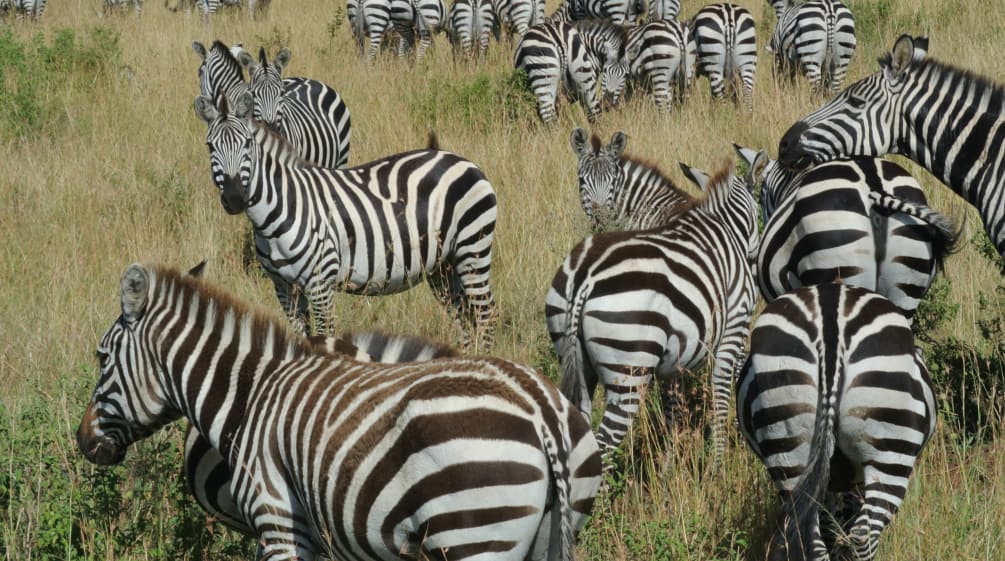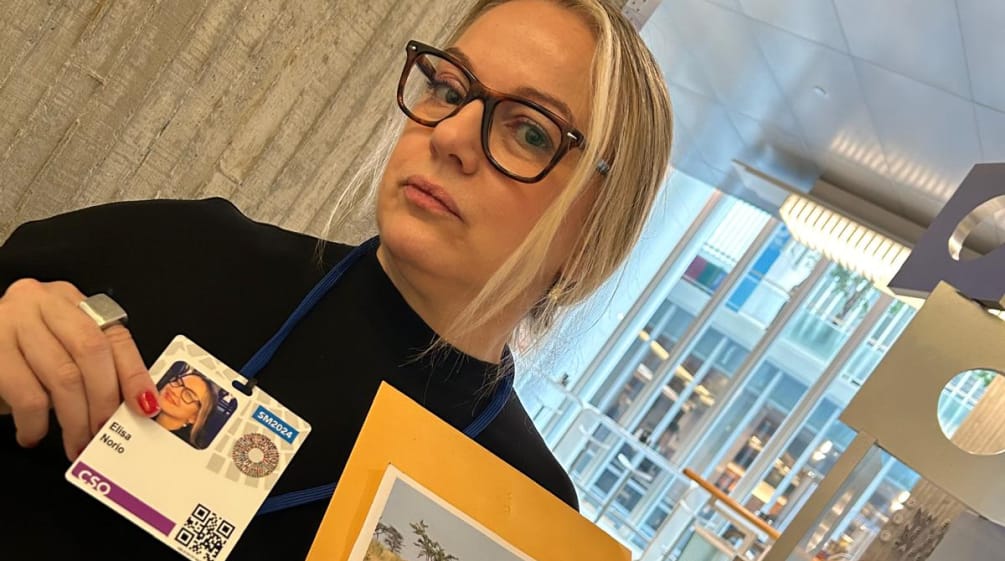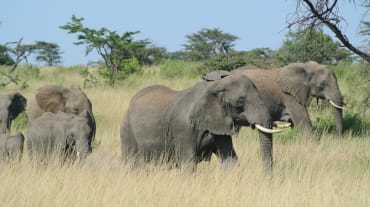Tanzania: World Bank drops harmful project
Jan 21, 2025
The World Bank has discontinued funding for the REGROW project in Tanzania following harsh criticism. The Oakland Institute presented evidence that human rights were being violated in the name of environmental protection and tourism while 80,935 people signed a Rainforest Rescue petition to the World Bank. The affected communities must now be compensated for their suffering.
The Resilient Natural Resource Management for Tourism and Growth (REGROW) project purported to protect nature in southern Tanzania and boost tourism. The World Bank pledged $150 million to the government, of which around $132 million have already been disbursed. Sharp criticism arose that people were being displaced for the project and the expansion of Ruaha National Park to two million hectares.
According to the Oakland Institute’s study “Unaccountable & Complicit”, rangers of the paramilitary Tanzania National Parks Authority (TANAPA) were also responsible for human rights violations, including extrajudicial executions. The livelihoods of farmers and herders in Mbarali district were severely affected.
To support the population, Rainforest Rescue launched the petition “World Bank: Stop financing evictions and human rights abuses in Tanzania!”
Petition with 79,033 signatures handed over in Washington
In April 2024, Rainforest Rescue presented the petition and the 79,033 signatures collected at that point during the World Bank Spring Meeting in Washington DC. The World Bank then put financing for the project on hold.
Additional pressure on the Tanzanian government and the World Bank came from nine United Nations special rapporteurs, who called for “all necessary interim measures be taken to prevent any irreparable harm to the life and personal integrity of the persons, communities and Indigenous Peoples concerned.”
Finally, the World Bank pulled the emergency brake and ended financing in November 2024. This has now been announced.
“We’re delighted with this decision. The World Bank has turned a blind eye to the bitter reality on the ground and let the government have its way for far too long,” says Marianne Klute, co-chair of Rainforest Rescue. “The fact that the bank is bailing out also shows how effective international pressure – for example through petitions – can be. We would therefore like to thank all of our supporters who signed.”
“This landmark decision is a major victory for the villagers who courageously opposed the project,” said Anuradha Mittal, executive director of the Oakland Institute. “The government and the bank must be held accountable for the damage caused by their disregard for basic human rights for the sole purpose of increasing tourism revenue,” Mittal added.
People in need demand compensation
The affected communities are now demanding that the expansion of the national park be reversed and that they be compensated for damage caused by restrictions on their livelihoods and violence by TANAPA rangers. They are also calling for social services such as schools and electricity and water supplies to be restored.
“We call on the World Bank to fully assume its responsibility and urgently take the necessary steps to address our requests for justice,” said a statement from residents of Mbarali district.
“Our lives are on hold as we face the threat of eviction every day. Our livelihoods have been undermined for years, our children do not go to school, our farms lie fallow, and our livestock is still being forcibly confiscated. We can’t go on living like this. The bank must adequately address our past and present suffering.”
Guaranteeing the human rights of the Maasai at the Ngorongoro Crater
REGROW is not the only project in Tanzania where people are deprived of their rights in the name of conservation and tourism. In the north of the country, the Maasai people are fighting against displacement and violence.
Please sign our petition “Tanzania: stop the eviction of the Maasai from Ngorongoro” if you haven’t already.













